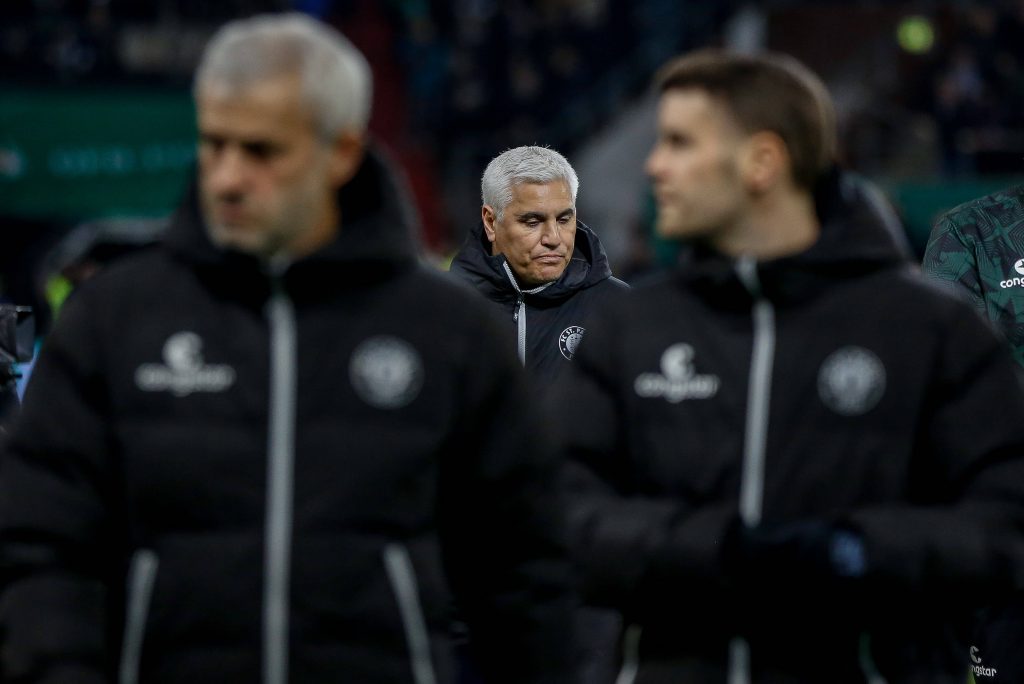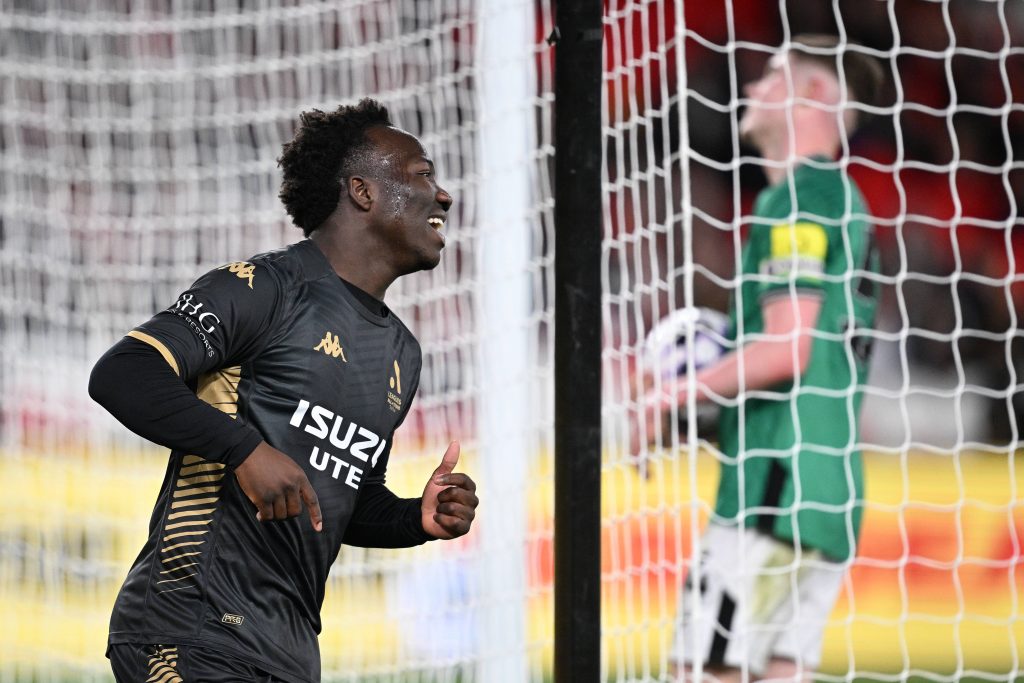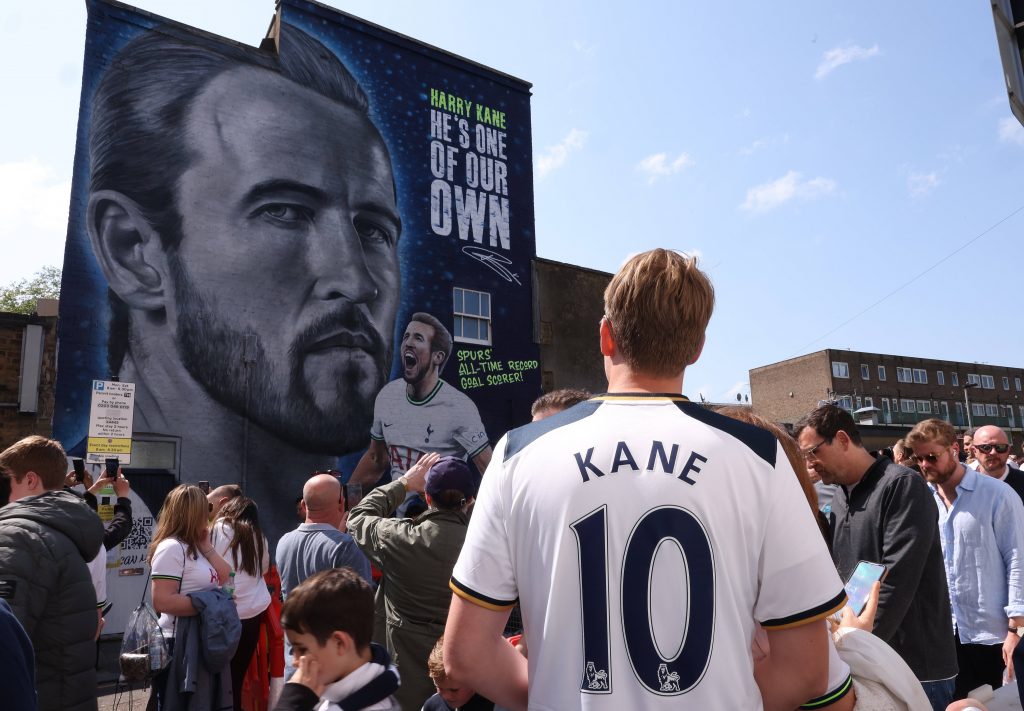Andy Watson reviews the last window and draws some conclusions about how changes in work permit regulations have impacted the market
It has been well documented that this summer has been the summer of spending in the UK’s football markets. The recovery from COVID and continued confidence in the performance of the Premier League in TV markets around the world meant that several records were broken.
Most pertinently, though, this summer has broken the trend that had developed since 2016/17 of less money being spent on transfer fees. This, though only a single piece of evidence, certainly puts paid to the theory that some of the decline in spending was actually as a result of Brexit and the difficulty of buying players in alternative markets.
Ultimately, market forces, and the sheer weight of available cash to spend for Premier League clubs over almost anyone else in the market, is the most decisive factor in what has happened. There are plenty of other high quality articles around to read into how and why this is the situation and what it means in general, but what can we read into the activity in terms of Brexitball and GBE?
Band 1 – The Premier League Shopping Mall
As a quick reminder, the Band 1 leagues are basically what are traditionally known as the Big Five European Leagues: the Premier League, La Liga, Bundesliga, Ligue 1, and Serie A. With the quality required to play in the Premier League it is no surprise that many clubs do their shopping in these fellow elite leagues.
By looking at the last few seasons of history in the Premier League, we can start to see a really interesting Brexit-based trend emerge. The number of Band 1 transfers are increasing season-upon-season, and the amount of money spent bringing in talent from the Big Five leagues is higher than it has ever been, back above the previous peak in 2018/19.
This chart doesn’t show the whole picture of course. The total number of transfers in the Premier League has also gone up alongside transfers solely from Band 1. However, the following charts demonstrate that the proportion of transfers from outside the domestic game has skewed severely towards Premier League clubs buying from Band 1.
The figures taken from 2017/18 show that in that season, 37% of foreign transfers came from what would become Band 1; in the summer just gone that has almost doubled to 70%. This is at the expense of the lower bands, with no players at all coming in from Band 3 or Band 5, and only a handful from Band 4 and Band 6 too. This is perhaps a natural consequence of the GBE system, but it is becoming more apparent as the evidence of the transfer windows becomes more reliable.
The Championship has yet to settle down into an easily read pattern regarding Band 1 transfers. What we can say with a degree of certainty is that the amount of money that Championship clubs are spending in the Band 1 market has decreased since 2019/20, but this doesn’t feel attributable to Brexit alone.
Band 2 – A Growth Area
The Band 2 leagues of the top divisions in Belgium, Netherlands, Portugal, and Turkey witnessed something of an increase in their importance to the UK market in the summer.
The data suggest that Premier League clubs are beginning to buy more players, and definitely spend more money, in this Band.
Though we have only had the summer window of this current season, it is already a record for the amount of money spent in these four leagues by Premier League clubs, with over £350m worth of outgoings.
Unlike Band 1, there is good evidence here of The Championship following suit with the Premier League. Already the number of players imported from Band 2 exceeds any other season in the last six.
The amount of money invested in these players in the summer is a big talking point as well. The previous two seasons have seen very little spent by Championship clubs in this specific area, but this summer that has changed.
However, I would be hesitant to class this as a change of behaviour from Championship clubs because there are two significant clubs to take into account here.
Burnley and Hull City
It is worth looking at Burnley as a separate case. For years the Lancashire club was jokingly known as ‘Brexitball’ because of the English-centric nature of their recruitment, but Burnley have come full circle.
Appointing Vincent Kompany as manager was always likely to see a change in the way the club operated, but the style of play and recruitment differences to the previous regime are extreme. Using Kompany’s knowledge and network, Burnley raided the Band 2 Jupiler League to the tune of 5 players. It will be an interesting case study to see how that recruitment pans out, and whether Burnley continue to leverage Kompany’s knowledge, or whether it was simply taking immediate advantage of his experience in that league.
Hull City are a similarly interesting case. Their recent takeover by wealthy Turkish businessman Acun Ilicali has seen The Tigers be quite expansive in their recruitment this summer. Five players have been signed permanently from Turkey, but they will be competing alongside lots of domestic signings and loans to make an impact. Again, though, we will have to see whether Hull’s work in a league their owner knows well is having an outsized impact on the overall Championship trend.
Band 3 – A Market of Inaction
One of the biggest takes from the whole picture of the summer is the continued lack of activity from English clubs to bring in players from Band 3 leagues (B3L).
Now, one of the B3L is Russia, and for obvious reasons there are complications in dealing with Russian clubs, the Russian FA, and the players themselves.
Even considering that, though, there is quite a substantial number of players available in Brazil, Argentina, and Mexico, that either aren’t being looked at or are deemed too much of a risk for English clubs to move on them. Considering that Brazil and Argentina are two of the biggest talent providers to leagues all over the world, it is an interesting position.
There can be little doubt that the players in those B3L are technically good enough to play at the level required in the Premier League and, especially, The Championship, so there are probably other reasons that clubs feel like they aren’t ready to shop in that market.
That could be, in part, the lack of evidence that players coming from those leagues can adapt. Certainly the example of Martin Payero at Middlesbrough recently hasn’t helped that concern, but Norwich moved for Marcelino Nunez (albeit not strictly a Band 3 player) and his contribution so far looks to have been a positive for The Canaries.
I would be shocked if we don’t see this market continue to open up in the next few windows, especially if there is little change in the regulations.
Bands 4-6 – Land of the Brave and Well-Researched
It is really difficult to identify and land players outside of the Bands 1-3. However, some clubs have demonstrated some diligent work to be successful.
It is no surprise to see Brighton active in this area. The Seagulls have been doing business in a slightly different way to most clubs for the last decade or so and have clearly reaped the benefits of this with their rise to the top half of the Premier League. In Summer 2022, they brought in Julio Enciso from Paraguay and Simon Adingra from Denmark. We will come back to Enciso soon, but Adingra is a very interesting case and a great example of the modern transfer.
Adingra is from Cote d’Ivoire and is another success story of Right To Dream. As with the likes of Kamaldeen Sulemana and Mohammed Kudus, Right To Dream partnered with FC Nordsjaellland in Denmark to establish Adingra in a club and he proved himself worthy of close to 2000 first team minutes at 19 (although that age is not unusual in Nordsjaelland’s first team). The problem for Brighton was that despite Adingra’s first team minutes, he doesn’t attain enough points and it would seem that Brighton felt that they wouldn’t be able persuade the FA to grant a GBE on the basis of potential.
To combat this, Brighton have employed the tactic of sending Adringra to Union Saint Gilloise in Belgium, not only to develop his game but also to play in a Band 2 league and therefore qualify for a work permit next season. USG are also owned by Brighton owner Tony Bloom, and under Bloom the Belgian team have risen through the ranks to become a challenger for the Belgian title. As long as they stay in Belgium’s top division, though, they are a perfect club for Brighton to send players to for experience and points-gaining minutes.
Leeds United, meanwhile, raided Jesse Marsch’s old team in RB Salzburg to bring in Brendan Aaronsen and Rasmus Kristensen. It’s smart recruitment because they are schooled in the Red Bull way and have stood out as key performers in a side that has been playing top-level European football every season. This is perhaps not as strategically planned as Brighton’s methods, but Aaronsen in particular has made a fantastic impression in the Premier League so far. Nonetheless, it’s another interesting example, as with Burnley and Hull above, of clubs making specific use of connections to shop in interesting places.
It is not just Premier League teams that are able to shop in these more niche leagues though. The GBE rules do apply equally across the board in the English professional leagues and The Championship saw a couple of potentially shrewd moves.
Jamilu Collins joined Cardiff City, which was a decent coup for the Welsh side considering who else had been linked to the Nigerian international. Indeed, it was Collins’ international status that enabled him to be eligible for a GBE. Nigeria’s consistent FIFA ranking inside the top 50 (currently 31st) meant that the fact that Collins has been a regular for The Super Eagles in the last 24 months meant he was eligible for an autopass.
Meanwhile, Bristol City’s capture of Stefan Bajic falls into the category of ‘How did they get this one over the line?’
The French U21 goalkeeper has played at Saint Etienne from the age of six and did play 500+ minutes of Ligue 1 football in 21/22. However, he left on a free in January to play for Pau in Ligue 2. This meant Bajic hadn’t amassed the number of points required.
However, he is only 20. This means that City would surely have gone to the exceptions panel and they must have pulled out all the stops at this stage to convince The FA that Bajic either could have easily covered the point barrier had circumstances been different, or that he has great potential within the English game.
The Championship
Taking The Championship as a general market, there some pretty stark trends, especially since Brexit.
Around 75% of players bought by Championship clubs in the Summer 2022 window were domestic, but, interestingly, and worryingly, 65% of all money spent was spent abroad. This suggests that many of the players bought domestically were either free agents or cheaper options. The impact of Burnley and Hull City’s business comes into this again.
Either way, it is unlikely that the powers that be enjoy the fact that a much higher percentage of money is going out of the country than staying in the domestic game, albeit, a larger percentage of a much smaller pie. The spending of Championship clubs continues the trend observed previously of not spending much money on fees.
Unless Championship clubs spend over £20 million on fees for domestic transfers in January, more than they spent in the summer window, then this season will represent the lowest domestic spend on transfer fees in The Championship in my records.
This summer also encapsulated a huge difference in where Championship clubs bought their players outside of the UK. In 2017/18, around half of the imports were sourced from what was to become Band 1 and 2. In Summer 2022 that had transformed to 86%.
Almost all of that difference comes from Band 2 transfers, expanding to over half the overall total. Do I need to mention Burnley and Hull City again here?
Young Players
We have mentioned the differences in recruiting young foreign players under the changing guidance earlier, but this was really brought to light by a couple of moves that probably wouldn’t have been possible in 2021.
Jewison Bennette is an 18-year-old forward who is a Costa Rican international and was still playing in Costa Rica when Sunderland decided to gamble on him. They were able to present a case to The FA that this was a player of immense potential that would have an impact on football in this country. The signs have been good so far, with Bennette already getting some minutes from the bench in The Championship and making an impact. Bennette is highly likely to be going to the World Cup too, so his profile is set to only increase. It is a potentially great piece of recruitment by Sunderland.
We mentioned Julio Enciso earlier. Brighton followed a similar path to Sunderland with this one. Enciso came in from Paraguay, a Band 6 league, so Brighton managed to get Enciso through the exceptions panel, and he has already made a senior debut in the EFL Cup and began PL2 football in fine style.
Nottingham Forest hit the headlines with 22 new signings in the summer. One of them was another Costa Rican, Brandon Aguilera. That obviously piqued our interest here at Brexitball HQ, as did the fact that a work permit wasn’t mentioned in the press release, but Aguilera was sent straight back to Costa Rica to continue his development. He won’t earn enough points in Costa Rica’s Band 6 league to attain a GBE from his minutes there, but he could be helped if he becomes a Costa Rica regular. The Central American country is currently FIFA ranked 50, right on the borderline for auto-pass possibilities.
Meanwhile, Luton Town also went rogue and found a forward in Canada. Aribim Pepple was playing for Cavalry FC, having played in Canada for most of his short career. The key thing that Luton identified here, though, was that Pepple’s birthplace is actually Kettering. Therefore obviously he does not have to go through the GBE process.
The failures
It was not all plain sailing for the English clubs though in the summer. Quite famously, Fulham failed to bring in Justin Kluivert as a result of a miscalculation in his GBE points, and they weren’t the only ones who came a cropper with this.
It seems to have been the summer for clubs to test the waters much more on GBE, perhaps because of a sense that the domestic market is saturated with buyers and offers little relative quality.
A relatively surprising transfer in The Championship arose from Dom Hyam’s move to Blackburn from Coventry. Coventry looked to replace Hyam with Marco Rente, Heracles’ German central defender. This would’ve been absolutely fine, were it not for the unfortunate fact that Rente had played 25 minutes of Dutch Second Division football with Heracles in the current season, therefore removing his Band 2 points from the 21/22 season.
Xavi Quintilla was watched very closely by Preston North End as a possible incoming. The player and club were interested in getting a deal done, only for someone to realise fairly late in the day that he didn’t have the required points. Despite his spell in England at Norwich City, previous time in England isn’t taken into account in the regulations. Ironically, Quintilla is now at Santa Clara in Band 2 Portugal so if Preston were still interested in January or next summer he would likely have the points required.
Doing it right
Despite the complicated nature of GBE transfers in Europe post-Brexit, there are a couple of examples of teams getting it totally right.
One of the best examples is of Anel Ahmedhodzic. Technically signed from Malmo, Sheffield United, along with other Championship potential suitors, recognised that Ahmedhodzic had just been on loan at Bordeaux in Ligue 1, therefore earning Band 1 GBE points. If he had gone back and played for Malmo before a transfer had been conducted then he would’ve lost his Band 1 points for League Quality.
Also, as referenced in the article on Justin Kluivert, Reading played the system perfectly when loaning Mamadou Loum from Porto. His 21/22 loan in La Liga with Alaves meant that he had that precious Band 1 status.
Header image: Shutterstock/Vlad1988














